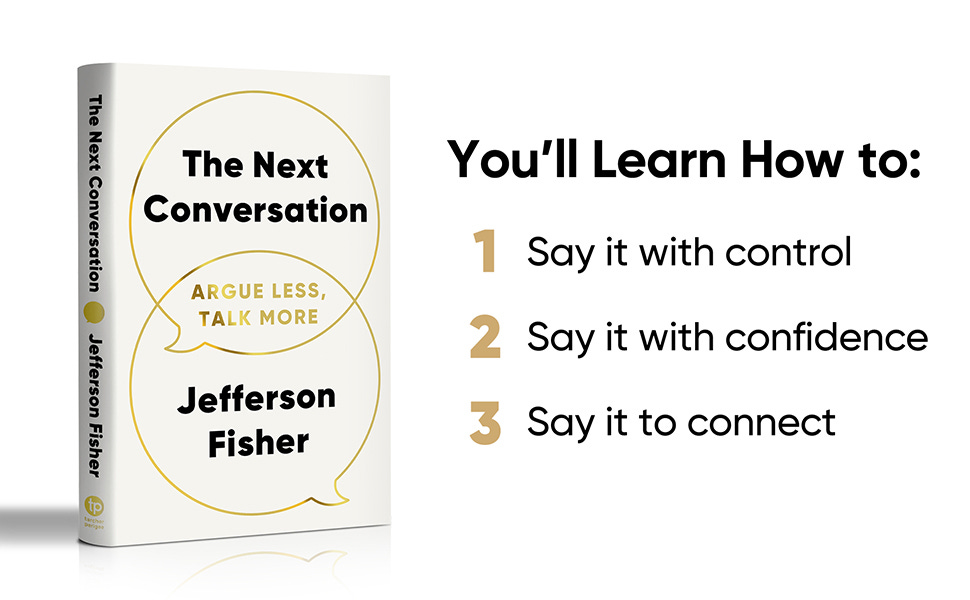Be a Golfer, Not a Baseball Player
“…only athletic events produce clear winners and losers in the short-term — and most organizations are not actively engaged in those.” - Ron Ashkenas.
My sixteen-year-old son plays competitive golf. I didn’t grow up playing golf. I played baseball. And let me tell you, the two sports couldn’t be more different.
Baseball is a team sport where you try to hit a moving ball. Golf is a solo mission where the ball just sits there, daring you to make a mistake. In baseball, all you really need is a glove and a bat. In golf, you need what feels like a U-Haul trailer of gear (the official number is closer to fifteen clubs, but still).
But one of the biggest differences? How the players keep score during competition.
In golf, players carry a scorecard. In baseball, players rely on a scoreboard.
That difference might seem small, but it has big implications—on and off the course.
Before a round, my son picks up a scorecard. It’s a small piece of paper designed to track his score one hole at a time. After each hole, he jots down the number of strokes it took him to sink the ball (golf always sounds a little absurd when you describe it literally).
But he doesn’t stop there.
He tracks everything: Did he hit the fairway? Did his approach land on the green? How many putts? Was there a penalty stroke? Did he end up in a bunker?
This isn’t obsessive, it’s smart. Because the final score doesn’t tell the whole story. The scorecard does.
If he finishes the round with a disappointing score, but hasn’t tracked any details, he has no idea what to fix. But with a scorecard? He can spot patterns. Make mid-round adjustments. Focus his practice.
He’s learning an essential principle:
If you want better results, focus on a better process.
If you don’t like the output, adjust the inputs.
Baseball, on the other hand, is ruled by the scoreboard1. During a game, the players don’t track their every move. Most don’t know how many pitches they’ve seen or how many fly balls came their way. They just glance up and hope the numbers are in their favor.
But—just like in golf—the scoreboard doesn’t tell the full story either.
Too many of us live like baseball players; checking the scoreboard of life or work and wondering why we don’t like the results. But we never stopped to track the inputs.
We never asked:
Did I show up with the right focus today?
Did I give my attention to what matters most?
Did I waste energy on things I can’t control?
Winning is the result of a process. It’s the result of a series of small steps.
If you want to win, therefore, focus on the process.
So here’s your challenge for the week:
Stop watching the scoreboard. Start building your own scorecard.
Pick a few inputs that matter and start tracking what you can control.
Because the results you want tomorrow start with the choices you make today.
1Yes, I know baseball also has a “scorecard” of sorts (called a “scorebook”), but it’s not the same. In baseball, only one person is responsible for keep the scorebook and the players generally don’t see it until the end of the game.
Recent Reads & Ratings…
Three notable titles that you might find interesting:
Let Them - Mel Robbins (Kindle) (⭐️⭐️⭐️)
If I read books so you don’t have to, then this one had to make the list. Here’s the deal: Chapters 14 and 15? Two of the best chapters I’ve ever read on this topic—absolutely fantastic. The rest? Let’s just say it didn’t quite live up to those two.
The Next Conversation – Jefferson Fisher (Audible) (⭐️⭐️⭐️½)
This is one of those books everyone seems to be reading right now, so I had to check it out. And I’m glad I did. It’s one of the most practical, helpful books on interpersonal communication I’ve come across. My only regret? I listened to it on Audible. This one is better on Kindle or paperback so you can highlight, revisit, and keep it close. Also, Jefferson might be one of the most likeable non-fiction authors to come around in a long time.
The Good Enough Job – Simone Stolzoff (⭐️⭐️⭐️½)
Picked this up on a whim at my local Barnes & Noble. If you’re someone who likes thinking about your “relationship with work,” you’ll find this both thoughtful and timely. He asked all the right questions and explored all the right topics. I just wish he offered a few more concrete answers along the way.
⏰ Tarnow’s “Worth Your Time” Recommendation of the Month
The Next Conversation by Jefferson Fisher
If I Was On X (a.k.a. Untweeted Tweets)…
I’m totally stealing the idea for this section from JD Wills (who has, in my humble opinion, one of the greatest Substacks on the platform).
If “Adult Onset Metallica Fandom” is an real medical condition, I think I have it.
Two times this month I thought about how nice it must be to own Sketcher’s Slip-On Shoes. Two Times.
My wife and I rewatched all the Ocean’s films, here is the definitive ranking:
Oceans 13
Oceans 11
Oceans 12
Oceans 8
Thanks for reading!
See you again next month!
-Adam







Great read for those who want to improve (anything).